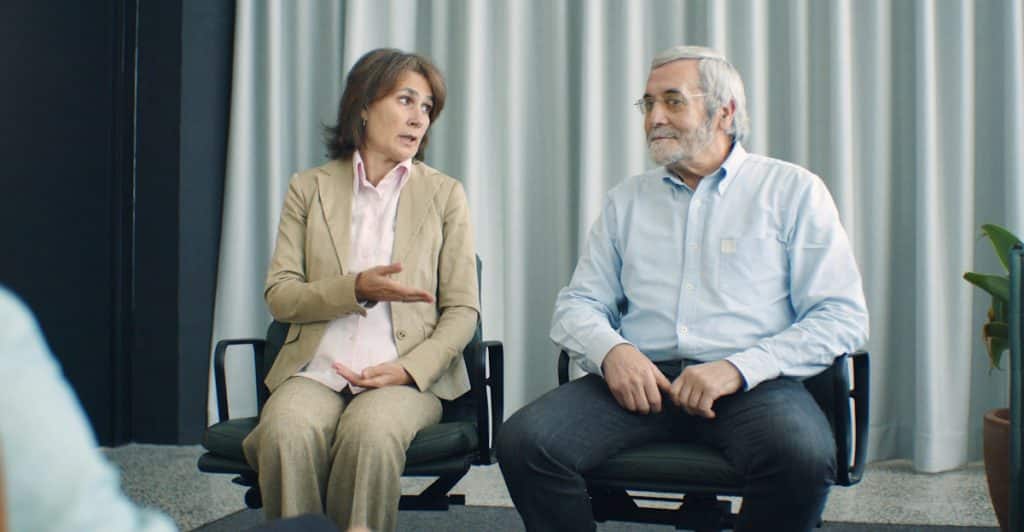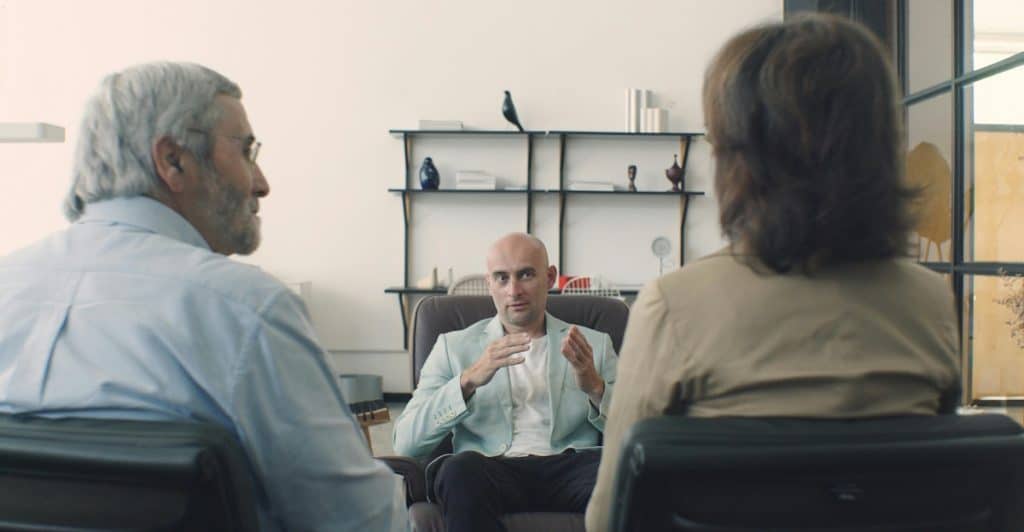
Many couples expect smooth sailing after decades together, but that assumption can quietly unravel a marriage. Post 50 relationships face new stressors like retirement, health issues, and identity shifts. Emotional disconnects become easier to ignore, and bad habits solidify. This guide explores 12 subtle yet powerful ways marriages break down, and how to stop it before it’s too late.
Letting Routine Replace Romance

Predictability isn’t always comforting. When date nights turn into TV dinners and surprises disappear, the relationship can feel like a task list instead of a connection. Small gestures of affection and novelty still matter deeply after 50. Break the routine and show that intimacy isn’t age bound.
Emotional Distance, Not Drama

It’s not screaming matches that end most long term marriages, it’s silence. Emotional neglect builds quietly when partners stop checking in or stop sharing vulnerable thoughts. Regular, honest conversations help maintain emotional closeness. Emotional health is essential to a lasting connection.
Avoiding Difficult Conversations

Conflict avoidance may keep the peace short term but leads to long term resentment. Couples over 50 sometimes stop challenging each other to avoid tension. But buried issues fester. Having those tough talks with care and honesty can actually strengthen the marriage.
Misaligned Retirement Goals

When one partner envisions travel and the other prefers staying home, tension brews. Retirement changes the pace of life and identity for many men. If couples don’t align on goals and values in this phase, it creates a wedge. Regular check-ins help re-sync expectations.
Growing Apart Socially

Friendship networks often shift after 50, and some men withdraw from social circles. When partners don’t cultivate shared friendships or community, they isolate themselves emotionally too. Reinvesting in couple based social life adds vitality and mutual support.
Neglecting Physical Intimacy

It’s not about performance, it’s about connection. Intimacy after 50 often gets deprioritized due to stress, health, or shame. But touch, affection, and physical closeness are still key to feeling desired and emotionally safe. Talk openly about changes and explore new ways to connect.
Letting Health Issues Go Unspoken

Chronic pain, hormonal shifts, or mental health changes like depression can reshape how a man shows up in a relationship. The silence around these issues leads to misunderstanding. Addressing them with vulnerability creates empathy instead of distance.
Taking Each Other for Granted

After decades together, it’s easy to assume the other person will always be there. But appreciation is not a one time investment, it’s a practice. Small acknowledgments, gratitude, and daily kindness are the glue that keeps long term love alive.
Technology Creeping into Intimacy

Yes, even couples over 50 fall into the “phones before connection” trap. Endless scrolling, streaming, or texting others during shared time weakens closeness. Create tech free moments, especially during meals, conversations, or before bed, to preserve emotional space.
Financial Strain and Secrets

Whether it’s hidden debts or different saving styles, money issues erode trust fast. After 50, financial priorities may shift toward health care or legacy planning. Open, judgment free discussions about finances are key to long term relationship stability.
Losing Personal Identity

Men often struggle with purpose after retirement or career shifts. If one partner becomes dependent on the other emotionally or socially, imbalance sets in. Maintaining personal hobbies, friendships, and goals fosters healthy independence within the relationship.
Refusing to Grow Together

A long marriage only lasts if it evolves. When partners stop learning, adapting, or forgiving, resentment sets in. Emotional flexibility and mutual growth keep the relationship fresh. Support each other’s evolution, it’s how the bond stays strong.
Outside Influences

Adult children, in laws, or even new friends can complicate a relationship’s dynamic. While not inherently negative, outside pressures can pull focus from the marriage. Healthy boundaries and united decision making help protect the core partnership.
Don’t Let Quiet Habits Create Loud Endings

Marriages over 50 don’t crumble in an instant, they fade through neglect, unspoken resentment, and missed chances to connect. The good news? Repair is always possible. With open communication, emotional intimacy, and mutual respect, men can lead their relationships into a thriving second chapter.






Ask Me Anything